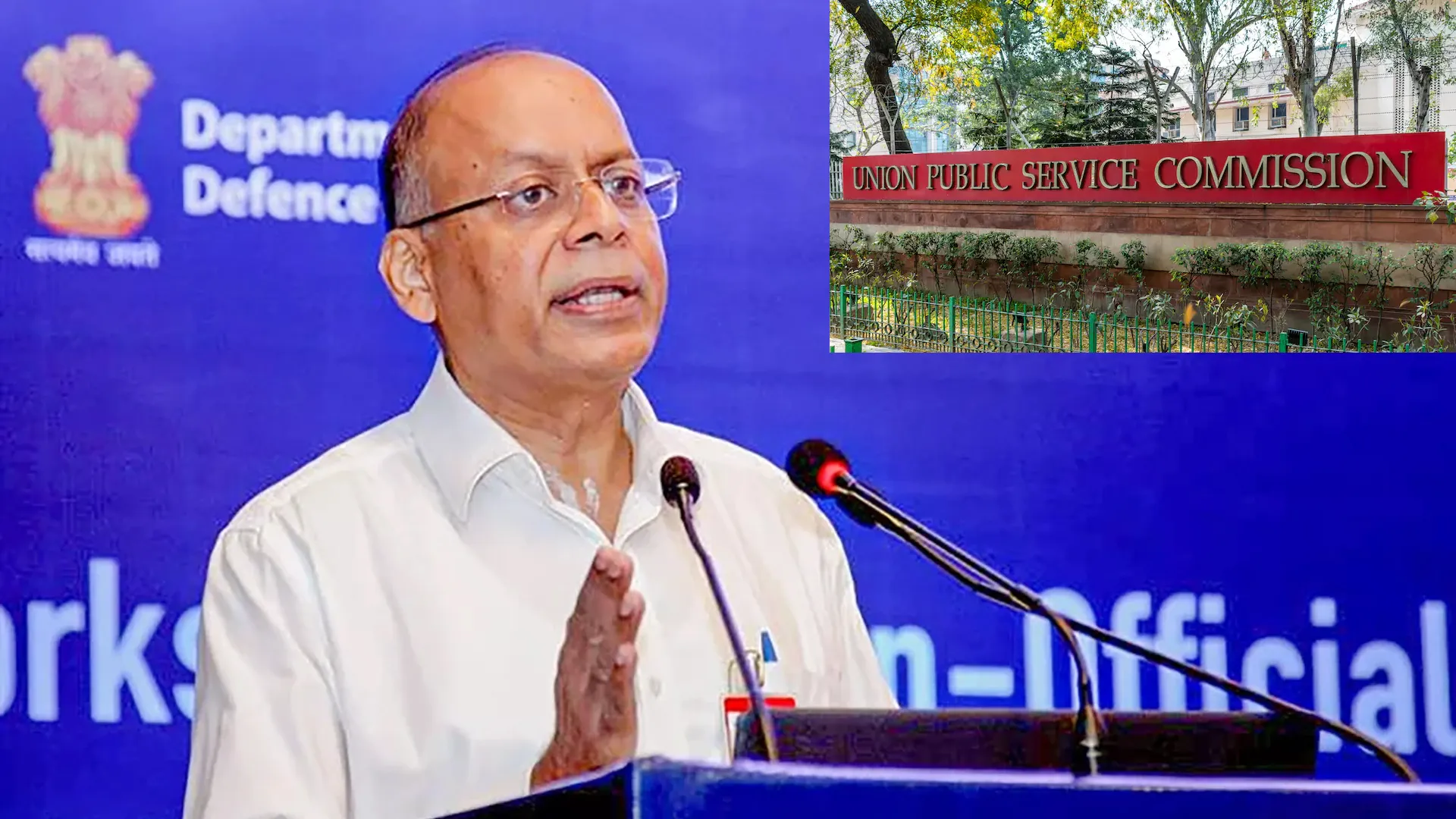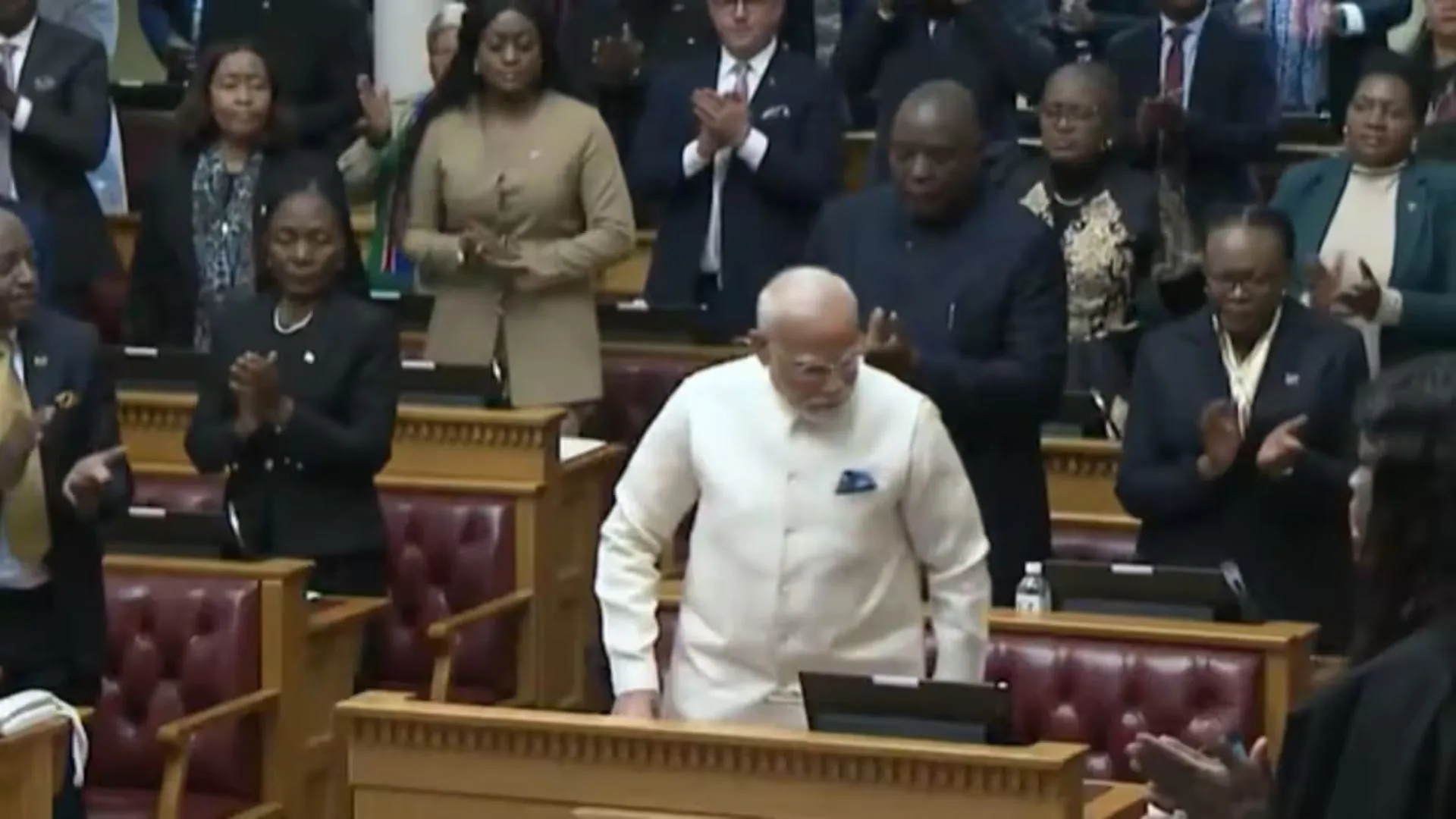Behind the closed doors of government, where influence frequently takes precedence over speech, a turning point has been reached. On May 13, 2025, the Department of Personnel and Training made public its notification of the appointment of Dr. Ajay Kumar as the next Chairman of the Union Public Service Commission (UPSC).
With this action, India inaugurates a new era for its most elite civil service institution, an era in which reform, innovation, and merit intersect.
A Leader Beyond the Role: Merit Meets Vision
Dr. Ajay Kumar succeeds Preeti Sudan with the gravitas that such institutional shifts necessitate. A leader known for his visionary leadership, Kumar is not the type of person who fills posts—he redefines them. “As Defence Secretary, he didn’t just manage files—he moved tectonic plates,” captures the ethos he infuses into the UPSC.
A postgraduate from IIT Kanpur with a PhD from the University of Minnesota, Kumar combines technical exactness with strategic administration. His legacy is that he anchored defence modernisation, led digital initiatives, and built institutions from the ground up.
Kerala Cadre to KELTRON: Engineering Public Change
He was born on 2 October 1962. Dr. Ajay Kumar joined the Indian Administrative Service in 1985 in Kerala cadre. He soon gained prominence for combining technological innovation with administrative efficacy. When Principal Secretary for Information Technology in Kerala, he triggered the digital march of the state. Subsequently, in KELTRON, he transformed public systems by applying engineering efficiency and economic wisdom.
His own academic qualifications—a BTech from IIT Kanpur and a PhD in Business Administration—also supported his multi-disciplinary orientation, allowing him to see policy both through analytical and humane prisms.
Redefining Defence: The Reform Architect
But it was his tenure as Defence Secretary between 2019 and 2022 that solidified his legacy. Kumar was elevated to become the longest-serving Defence Secretary, who led with vision and courage. He spearheaded the establishment of the Chief of Defence Staff (CDS), accelerated the Agniveer scheme, and was a key force behind the Atmanirbhar Bharat movement in defence.
He did not rest. Kumar facilitated the corporatization of 200-year-old Ordnance Factories Board and created the iDEX programme, which created a vibrant startup ecosystem within the defence space. His influence extended to enhancing the performance of Defence Public Sector Undertakings (PSUs). He showed that innovation and efficiency could go hand in hand with public service.
Before his stint at the Defence Ministry, Kumar made a lasting impact as Meity Secretary. His work on Aadhaar, UPI, MyGov, and Gem overhauled India’s digital governance landscape. These platforms augmented convenience, enhanced transparency, and facilitated streamlined citizen-government interaction.
Act II: Strategist, Investor, Academic
Even after retirement, Kumar did not let himself take a back seat. He founded MGF-Kavachh, a ₹250 crore fund investing in deep technology startups in aerospace and defence. His advisory positions at the US-India Strategic Partnership Forum (USISPF) and Sify kept him abreast of leading-edge policy and industry trends.
In parallel, he shared his knowledge as a visiting professor at IIT Kanpur and a non-resident Senior Fellow at Carnegie India. His writings in leading dailies reveal a mind still deeply engaged with India’s evolving governance challenges.
A Vision for the UPSC and India’s Future
Dr. Ajay Kumar’s joining UPSC is a time when India is in need of more than administrators—India requires visionaries. His varied experience in defence, technology, and governance positions him best to reform the way the country appoints and develops its civil servants.
This is not just an administrative transition. It signals that a leader with his eyes on both the machinery of the state and the dreams of its people will shape the future of India’s bureaucracy.





















